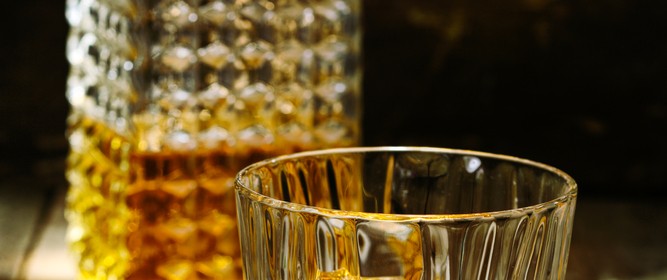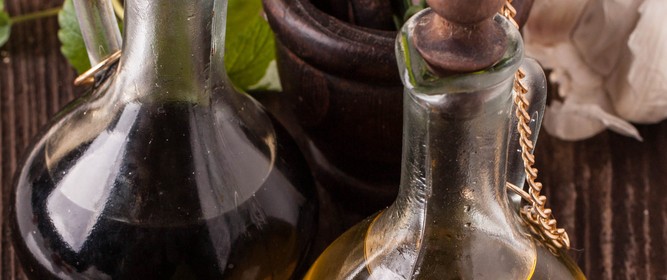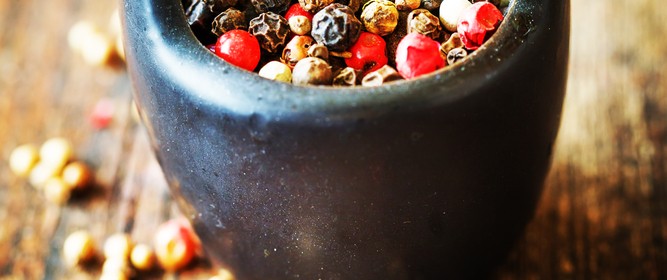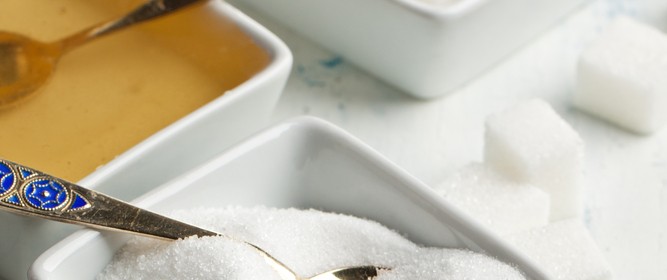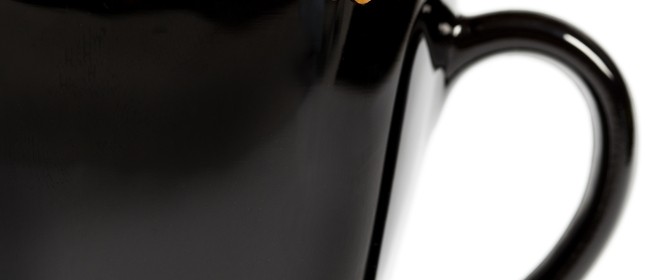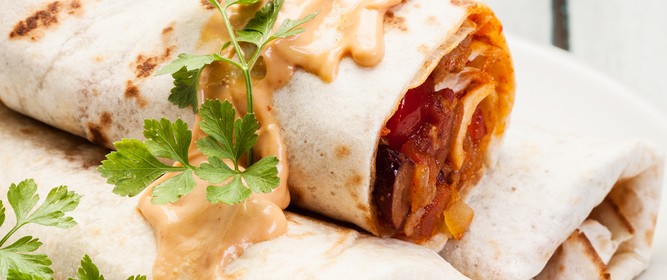Why Teachers are Associated with and Traditionally Given Apples

Gloria N. asks: Why is the stereotype to give apples to teachers? Widespread publicly funded, mandatory education has only been around since about the 19th century. Before then, the responsibility of providing schooling to children fell primarily on their families. Upper- and middle-class families tended to hire tutors or send their children to a private school run by a schoolmaster. […]
Read more
